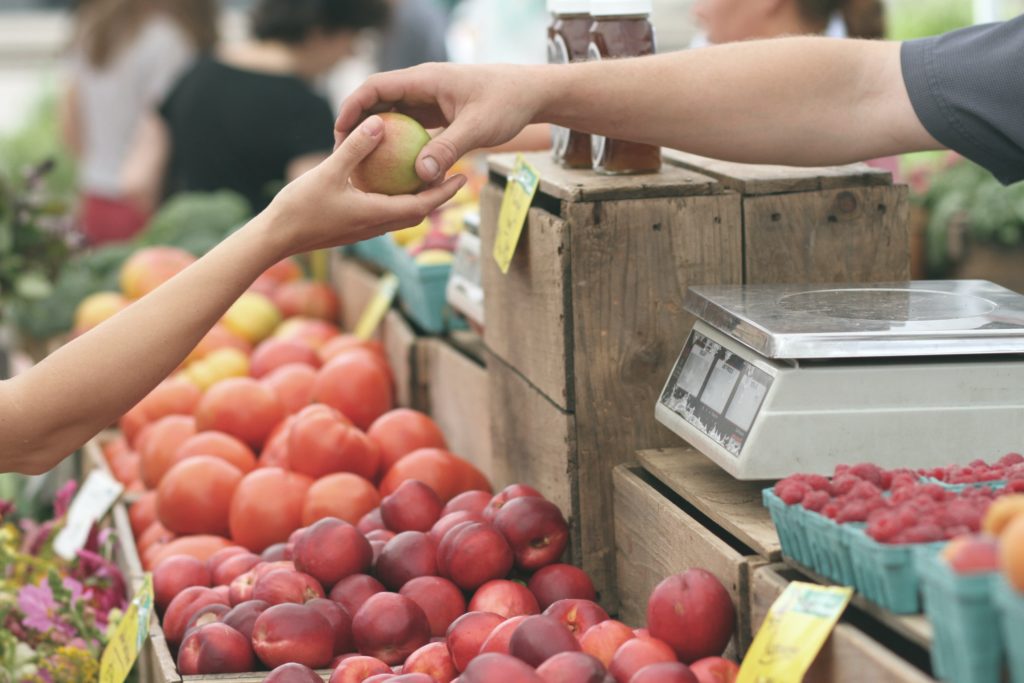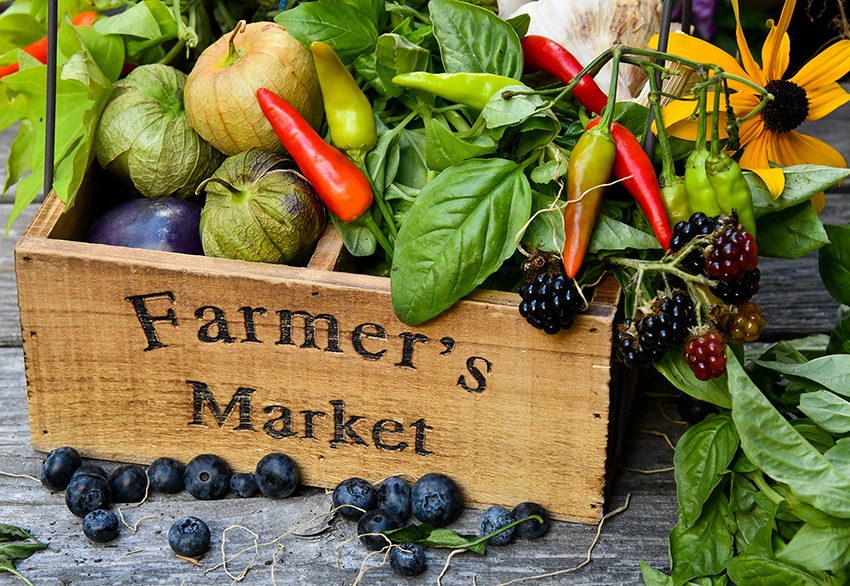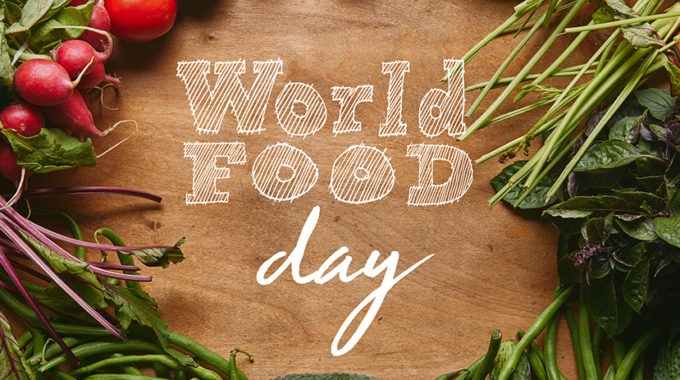World Food Day: grow, nourish, sustain
We observe a lot of special days here at Eativity. Some are more delicious, light-hearted occasions that celebrate things like coffee, lamingtons and dessert; while others are more about raising awareness – of the need to reduce food waste, of the contribution that family businesses make to our communities and our economy, and of the important role that women play in our rural communities.
But of all the national and international days on the calendar, the most important for us is undoubtedly today – World Food Day. 2020 marks the 75th anniversary of World Food Day, which was organised by the Food and Agriculture Organisation of the United Nations to bring awareness to the impact of development on food production and distribution.
The theme for this year is “Grow, Nourish, Sustain, Together”. As the world continues to grapple with COVID-19, today is a time to reflect on and appreciate that most basic of human needs; something some of us take for granted while many others go without: food.
The main focus for this year is the need to recognise and support our food heroes – the farmers and other workers in our food system who ensure that food continues to make its way from farm to fork, even throughout all the disruptions that the pandemic has caused.
The events of this year also aim to highlight the need for building and fostering sustainable, flourishing and fair future food systems. An Australian organisation working towards this goal is the Australian Food Sovereignty Alliance (AFSA). Each year, AFSA holds Fair Food Week at this time to bring our attention to the concept of food sovereignty and fair food.

What does food sovereignty mean, and what is “fair food”?
According to La Via Campesina, an international farmers’ and peasants’ movement founded in 1993, food sovereignty is the right of all people to have access to healthy, affordable, culturally appropriate food that’s produced through ethical, sustainable methods.
Fair food encompasses all of this, but also relates to a food system that pays farmers and food producers a fair price for their product, that prioritises local over imported, and that gives consumers the ability to reconnect with their food supply and the option to choose where they source their food from.
“Food can be a political act, in that we can choose where our food comes from,” says Amy Pagett, national committee member for AFSA. “It’s a very active way you can change the world with the money that you spend, because every dollar you spend is essentially voting for the world that you that you want to see.”
By thinking about from whom and where you buy your food, you can support food producers that are doing the right thing – that the methods used to grow the food are not only financially viable for the person growing it, but are also taking care of the land.
“When you access food through the industrial channel, technically it’s food, but what goes on behind it, along the supply chain?” Pagett asks. “Is that the type of thing you want to see in the world? Because by eating in that way, essentially you are, by proxy, supporting it.”

The steps you can take as a consumer
While it might feel as though one individual’s choices or buying decisions will never make a difference in the big wide world, this is actually far from the case.
“We all need to eat three times a day,” Pagett points out. “So if you can swing a little bit of your food consumption in the direction of fair food, in the direction of local food, then you’re definitely on the way to becoming a fair food warrior.”
This is not to say that there’s a black and white, good and bad when it comes to food – sometimes shopping at Coles or Woolies is the only option, especially when time is short and you’ve got a hungry family to feed. So don’t beat yourself up if this is the case. But when you do have the time, make the effort to explore other options.
“One of the easiest ways to support fair food is to find out where your local farmers’ markets are and head down there,” Pagett says. “It’s a great way to meet the farmers who are growing the food, and to use your money to support what they do.”
The Open Food Network is another great way to source local, seasonal food. This “virtual farmers’ market” is a not-for-profit organisation that works to build a fairer, more resilient food system through ethical supply chains that support local food producers.
While it might cost a little more to buy organic vegies, free-range pork or pasture raised eggs, in the long run, it’s an investment that will pay dividends for you and your family.
“That type of food is really nourishing you, and allowing your body and the bodies in your family to stay healthy and strong,” Pagett says. “Over a lifetime, if you’re spending more on food, but you’re healthier, more resilient and more connected? That, to me, sounds like a good way to spend your money.”
To find out more about Fair Food Week and to find events near you, head to fairfoodweek.org. To find your local farmers’ market, head to farmersmarkets.org.au









